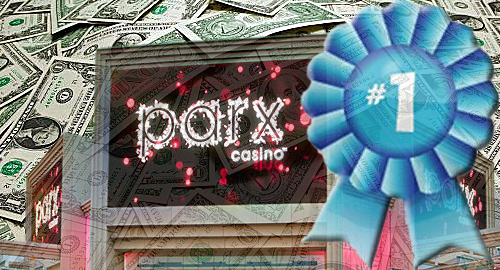 Pennsylvania casinos set a new all-time revenue record in their most recent fiscal year, thanks to a new record table game performance.
Pennsylvania casinos set a new all-time revenue record in their most recent fiscal year, thanks to a new record table game performance.
On Tuesday, the Pennsylvania Gaming Control Board (PGCB) announced that the state’s 12 licensed casinos generated table game revenue of $895.3m in the 12 months ending June 30, a new all-time best and nearly $30m more than fiscal 2017’s total.
Combined with the previously released FY18 slot machine revenue of $2.35b – which fell just short of FY16’s record $2.39b haul – the combined gaming revenue tally hit just under $3.25b, a 1.4% rise over FY17’s total and a new record for the state. The state’s previous high-water mark was $3.23b set in FY16.
As usual, Sands Bethlehem led the state’s table revenue chart with $235.7m in FY18, although this was essentially flat year-on-year. Parx Casino, the state’s perennial slots revenue leader, enjoyed far stronger table growth, rising 9.3% to $185.9m. Parx’s combined slots and tables total hit $586.6m, easily outpacing Sands’ $537.7m.
Philadelphia’s SugarHouse was the only other casino to score a nine-digit table sum in FY18, rising 1.3% year-on-year to $120.2m. Seven of the 12 casinos were in positive table territory for the year, with the biggest gain coming at the Meadows Casino, which shot up 22.2% to $39.2m.
The state government’s share of overall casino gaming revenue totaled $1.33b, thanks in part to the state’s nation-high 54% tax on slots revenue. The state collects a comparatively humble 16% of table game revenue, which amounted to a $144m contribution to state coffers in FY18.
The PGCB announced Tuesday that nine of its 13 casino licensees – including the group behind the in-development Live! Hotel & Casino in south Philly – had applied for multi-vertical (slots, table games, poker) online gambling licenses. With those licenses costing $10m apiece, the state stands to book an additional $90m in licensing fees in its current fiscal year.